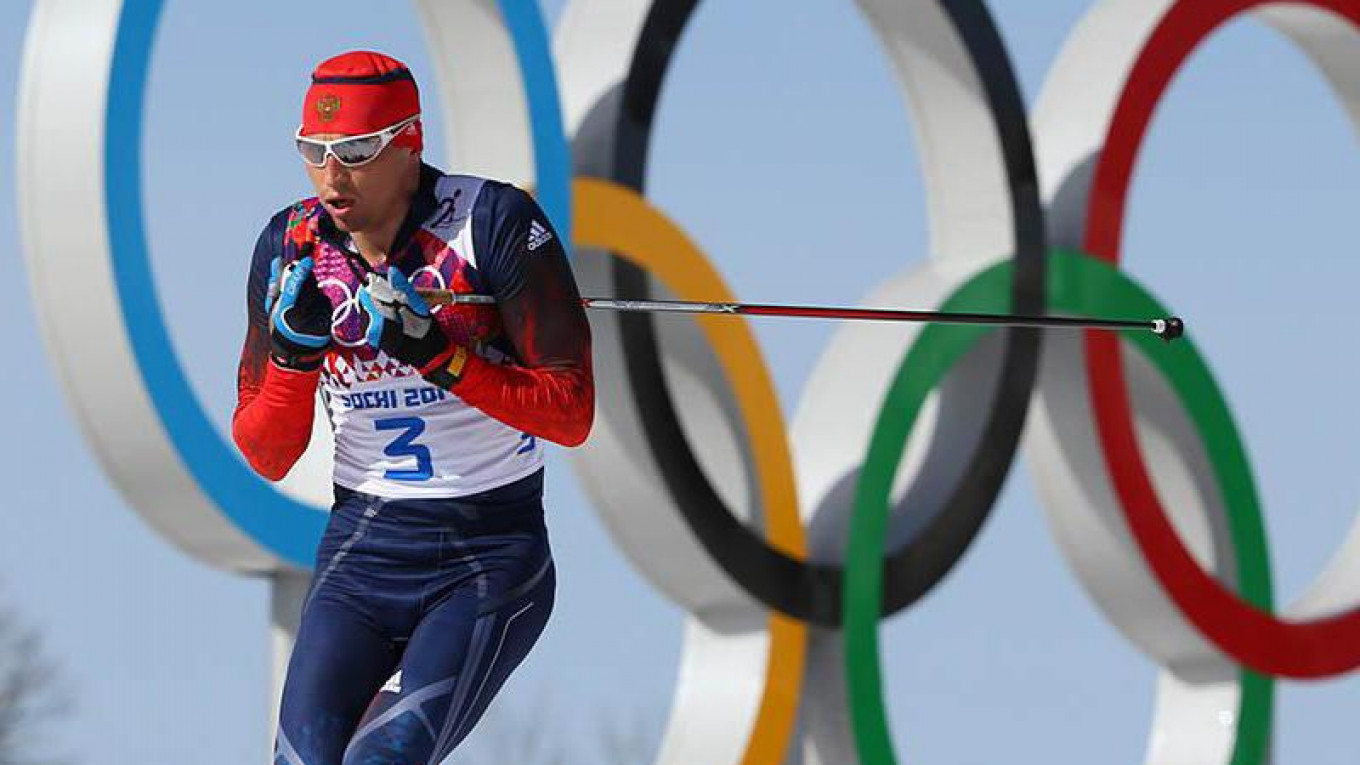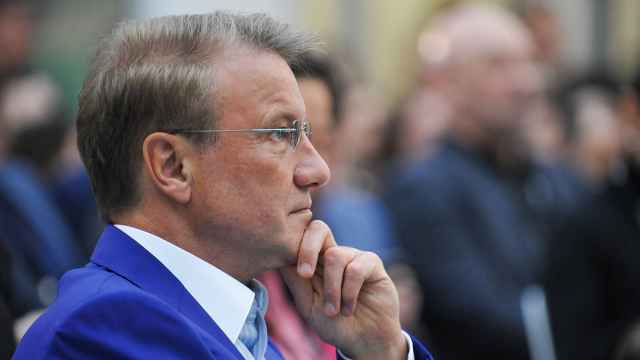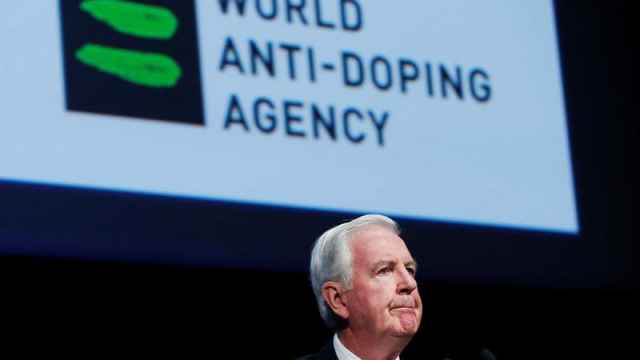By exonerating 28 Russian athletes, some of whom were stripped of medals in the aftermath of the 2014 Sochi Olympics, the Switzerland-based Court of Arbitration for Sports has provided Russia with major ammunition against the many Western sports officials, experts and athletes who have accused it of running a state-sponsored doping program.
And yet there’s little doubt the doping system existed, and that many athletes — Russian and otherwise — will continue to use forbidden substances to improve their results and find ways to make these results stick.
In Russia, the CAS rulings, which put the country back at the top of the Sochi medal table, were met with jubilation — and taken as further proof that the doping scandal that reduced Russians to participating in the upcoming winter Olympics under a neutral flag was essentially political.
A day before the rulings were delivered, Russian President Vladimir Putin apologized to athletes for “being unable to protect you from this” and promised to work to make sure that “international sports organizations don’t turn into the government agencies of certain nations, no matter how powerful and important these states might seem at first sight” — a barely veiled reference to U.S. interference. Grigory Rodchenkov, the whistleblowing former head of the Moscow anti-doping lab who described mass urine-sample swapping at Solchi under Russian domestic intelligence control, is in the U.S. witness protection program now.
Russian sports organizations are pushing for the exonerated athletes to be invited to the games in Pyeongchang, but the International Olympic Committee is resisting these calls. It’s even considering an appeal of the CAS rulings in a Swiss general jurisdiction court, and it points out than, even as the CAS has cleared 28 Russian athletes, it turned down the appeals of 11 more, thus confirming “the existence of the systemic manipulation of the anti-doping system at the Olympic Winter Games Sochi 2014.”
It’s not just Russia’s participation in sports events that’s at stake here, though. In question is the institutional ability of international sports to stop doping violations.
The McLaren Report to the World Anti-Doping Agency, which provided much of the evidence used in Sochi-related disqualifications, contains the “case study” of a Russian “male skater athlete” who provided three urine samples during the Sochi games. The report says the bottle of one of the samples showed “scratches and marks consistent with the removal and subsequent replacement of the bottle cap.”
A sample taken from the same athlete later in 2014 contained DNA that came from a different person than the one who provided the Sochi samples. “This additional evidence of tampering is consistent with Dr. Rodchenkov’s evidence that sample swapping in 2014 after Sochi would sometimes involve replacement of an athlete’s dirty urine with clean urine from another athlete coming from the Laboratory’s clean urine bank,” the report said.
Though the name of the athlete is not given in the report, it’s clear that the CAS rejected the evidence in this case as insufficient. Of the 43 Russian athletes disqualified for doping, all but one — a bobsledder — appealed to the CAS. All three male skaters among them have been exonerated.
The court’s standard for evidence is clearly quite high (something the IOC has bemoaned in its statement). But that’s a pattern in doping cases, not just at the CAS but in general jurisdiction courts. Late last month, U.S. Olympic champion runner Gil Roberts proved to a New York appeals court that a forbidden substance got into his system through passionate kissing: His girlfriend had been sick and medicated at the time he was tested. Norwegian skiers have avoided blanket bans for using asthma medications to treat temporary symptoms that didn’t indicate asthma.
It makes sense to tread carefully with athletes who don’t, after all, get good enough to compete for Olympic medals just by consuming chemicals: They train for years to realize their dreams, and a mistaken disqualification can unfairly ruin a life.
But setting high evidence standards also makes it likely that some athletes who have taken banned substances will still compete. In the 28 Russian cases in which the CAS upheld appeals, the court found the evidence against them insufficient — but that isn’t conclusive; they could have been both guilty and lucky. And the 11 Russian athletes who were not exonerated by the CAS had their lifelong bans lifted; they will merely be ineligible for Pyeongchang.
There’s little doubt Rodchenkov is telling the truth about swapped samples and the Russian sports officials’ desire to win at all costs. No one who has seen Bryan Fogel’s documentary Icarus — in which Fogel enlists Rodchenkov’s help in doping up for an amateur cycle race and then accidentally becomes wrapped up in the Olympic doping saga — will believe that the hapless anti-doping official was part of some sinister U.S. plot to discredit Russia.
The Putin system’s thirst for international prestige, even in disciplines as obscure as bobsledding or skeleton, had to lead to tragicomic consequences at some point, and it was fitting that it did so after the Sochi Olympics, which cost Russia more than $50 billion — money it could ill-afford to waste on boosting Putin’s vanity.
But there’s a more important lesson to draw from the doping scandal. There is a fundamental flaw in the ruthless anti-doping campaign waged by some sports federations, the IOC and especially WADA. It’s time to lower the bar for athletic “cleanliness” and review again the well-known arguments for allowing performance-enhancing drugs that don’t put athletes’ health in grave danger.
The use of these substances is not necessarily even unfair, especially when it helps even out “natural” unfairness — the advantages some athletes enjoy thanks to fortuitous quirks of their hormonal and circulatory systems. Drastically cutting the list of forbidden medications to prevent only the worst abuses — such as the East German steroid program for swimmers that ultimately forced a sex change on some female athletes — would free athletes to compete with a little chemical aid. It wouldn’t necessarily lead to victories, but it would eliminate some truly unfair practices, such as the use of new designer drugs before they’re put on WADA’s stop lists.
Sports are about transcendent moments that are remembered for decades — an extraordinary race, a soaring jump, a memorable goal. They shouldn’t be about scratches on urine bottle caps. And the more focus there is on the justice or injustice of doping charges, the more joy is sucked out of the spectacle, the less respect accorded to achievement. It’s time to relax the pressure on athletes and let the Putin system find other ways to embarrass itself. I guarantee that it will.
Leonid Bershidsky is a Bloomberg View columnist. He was the founding editor of the Russian business daily Vedomosti and founded the opinion website Slon.ru. The views and opinions expressed in opinion pieces do not necessarily reflect the position of The Moscow Times.
A Message from The Moscow Times:
Dear readers,
We are facing unprecedented challenges. Russia's Prosecutor General's Office has designated The Moscow Times as an "undesirable" organization, criminalizing our work and putting our staff at risk of prosecution. This follows our earlier unjust labeling as a "foreign agent."
These actions are direct attempts to silence independent journalism in Russia. The authorities claim our work "discredits the decisions of the Russian leadership." We see things differently: we strive to provide accurate, unbiased reporting on Russia.
We, the journalists of The Moscow Times, refuse to be silenced. But to continue our work, we need your help.
Your support, no matter how small, makes a world of difference. If you can, please support us monthly starting from just $2. It's quick to set up, and every contribution makes a significant impact.
By supporting The Moscow Times, you're defending open, independent journalism in the face of repression. Thank you for standing with us.
Remind me later.








